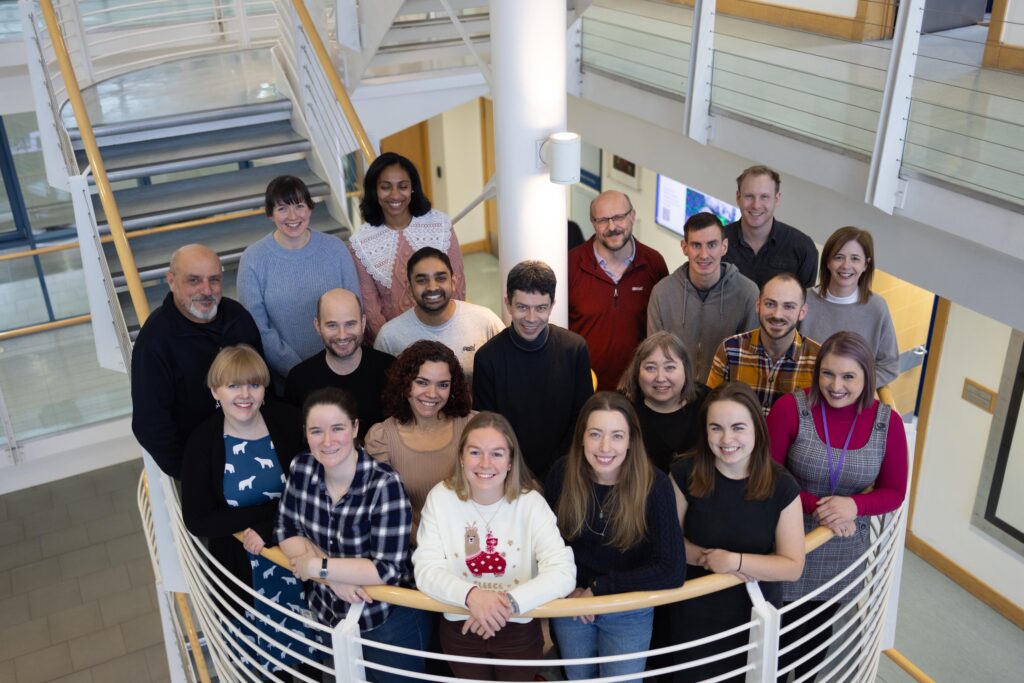Funding award to target “particularly distressing” killer disease
A fatal disease that can infect humans years before killing its unwitting host is to be targeted by University of Dundee experts.
As many as seven million people around the world have Chagas disease, a dreadful parasitic illness that often remains undetected for decades before causing severe symptoms and even sudden death. Despite the prevalence of the condition, and with 75 million people at risk of infection, current treatments are limited in effectiveness and come with significant side effects.
To try and address this unmet need, experts at the University’s Drug Discovery Unit have been awarded funding from the Medical Research Council to develop a preclinical candidate that could potentially lead to new treatments and therapies.
“Chagas disease is particularly distressing, living inside its human host who is often completely unaware until it is too late,” said Dr Manu De Rycker, Head of Pathogen Biology within Dundee’s School of Life Sciences.
“Current treatments remain very poor, require to be taken over a period of 60 days, and can have significant side effects, including skin rashes, nausea, diarrhoea, weight loss and neurological issues. Doctors do not like prescribing them and patients do not like taking them, so there is clearly a need for new treatments. However, drug discovery is a long and complex process. Here at Dundee, we have made substantial progress in recent years in learning about how to develop treatments for Chagas disease and this is knowledge that will be crucial as we begin this new research. Our intention is to identify a preclinical candidate – a molecule with potential to go into human trials – and which can hopefully form the basis of new treatments that will help alleviate the suffering that Chagas disease inflicts on some of the world’s poorest populations.”
Once found solely within Central and South America, Chagas disease has slowly started to gain a foothold around the world due to large-scale population movements. It is spread by Triatomine bugs, which typically live in the walls or roofs of poorly constructed homes. They awake at night, biting exposed areas of skin and defecating nearby. The infection is spread when the person unwittingly smears the faeces into the open wound, or their eyes or mouth. It can then subsequently be spread by blood transfusion and from mother to child. Oral transmission, due to inadvertent consumption of bugs or their faeces, for example in unpasteurised juices, is also common.
Reports of Chagas disease in the UK are rare because of a lack of testing and general awareness, but there are likely to be thousands of cases in the country from those who have been infected elsewhere.
The World Health Organisation estimates that between six and seven million people around the world are infected with Trypanosoma cruzi, the parasite that causes Chagas disease, resulting in 12,000 deaths every year.
“The general public may consider Scotland an unlikely place to develop a preclinical candidate for a tropical condition, but we are known throughout the world as leaders in this field,” added Dr De Rycker. “While it is starting to make its presence known outside of its traditional stronghold in the Americas, the spread of Chagas disease remains slow. However, it is a disease that may become increasingly prevalent in the decades to come and there remains an urgent need to help those people already affected or living under its shadow.”

Article published 1st April 2024